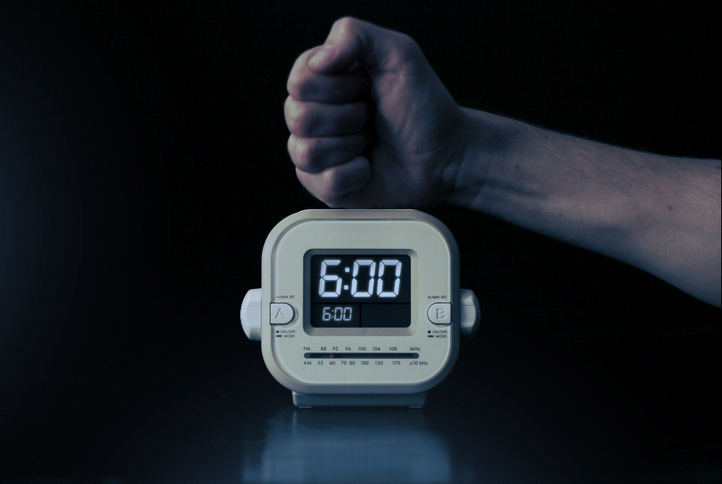DUBAI: A recent research, described by Australian Broadcasting Corp. (ABC) in a special report as the “first large-scale study to probe the link between” a person’s body clock and mental health issues has established that early risers have a genetically lower risk of depression, even schizophrenia.
“We show that being a morning person is…associated with better mental health,” ABC quoted an international team of researchers as saying in Nature Communications, a peer-reviewed open access scientific journal.
“People have studied circadian rhythms (body clock) in the context of psychiatric disorders for a number of years looking one gene at a time to get an insight into it,” Dr Enda Byrne of Queensland University and co-author of the report was quoted in the ABC online article as saying.
“But this is sort of quite a big breakthrough of looking through the whole genome to find this link.”
The researchers analyzed genetic variations of people who participated in the UK Biobank study and from private US genetics company 23andMe, said the ABC report.
Following the research, the team found out that there was a “small but statistically significant correlation between genetic variants that increased the chances of being a night owl and an increased risk of mental health conditions.”
“For instance, it could be that evening types are forced to get up early which gets them out of their natural rhythms because of a job, or kids, or some other environmental influence in their lives,” Byrne said.
“That combination of genetic predisposition with the environmental factors could be what’s leading to more symptoms of depression.”
Meantime, Professor Ian Hickie of the Brain and Mind Centre at the University of Sydney said in the same ABC special feature that the genetic study backed up what psychiatrists had long thought: that mood disorders were linked to circadian rhythms or body clock, not sleep disorders.
He said this explained why 20 years of research had failed to find sleep genes linked to mood disorders.
“They’ve finally cracked the nut by saying ‘you know what, we were looking at the wrong thing’,” said Professor Hickie, who was not involved in the study.
“It’s not sleep, it’s the body clock.”
Hickie said the body clock had a wake and sleep period and everyone had a normal set point, known as “morningness.”
Hickie said the findings could lead to more effective mental health treatments based on using things such as light, exercise and melatonin-based drugs instead of serotonin-based drugs used to treat sleep disorders, according to the ABC report.




